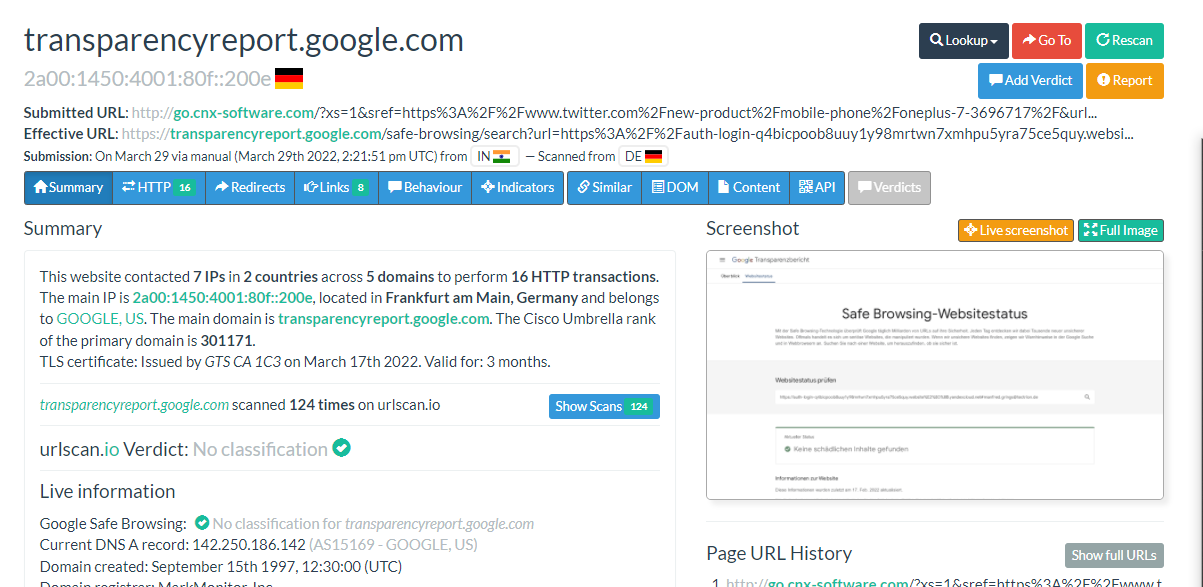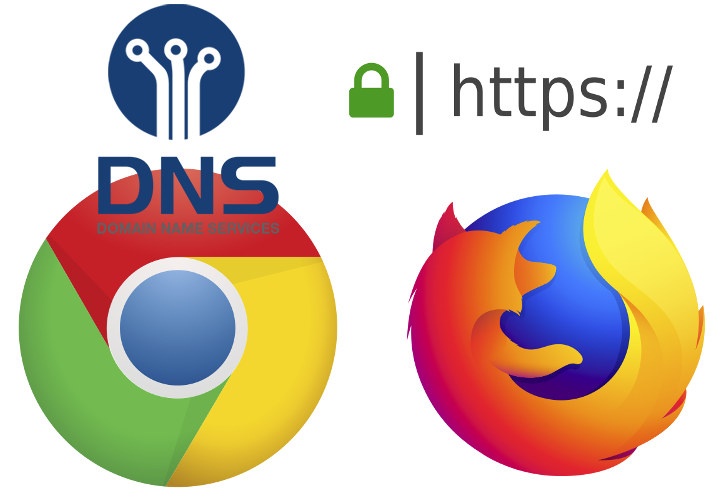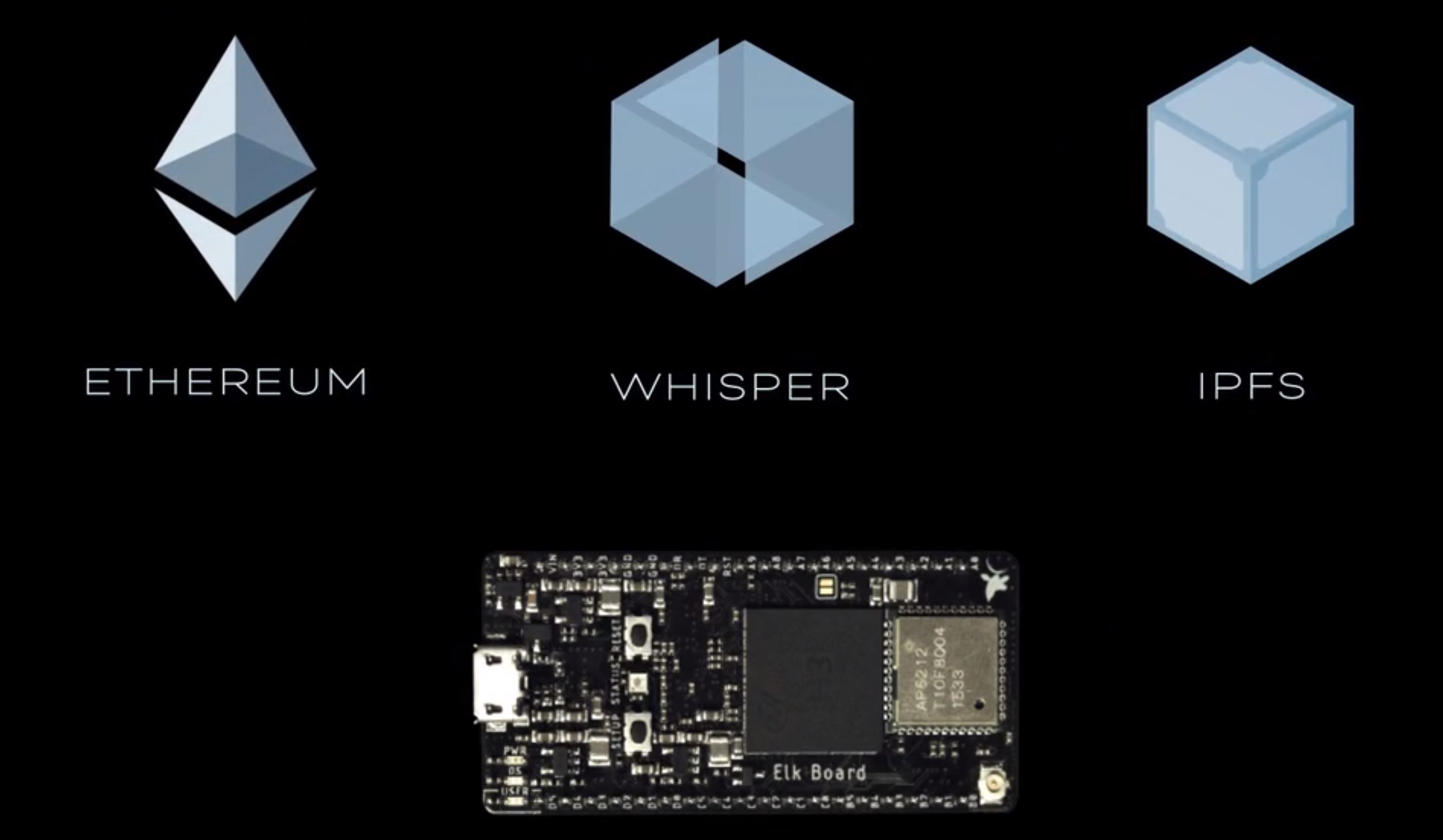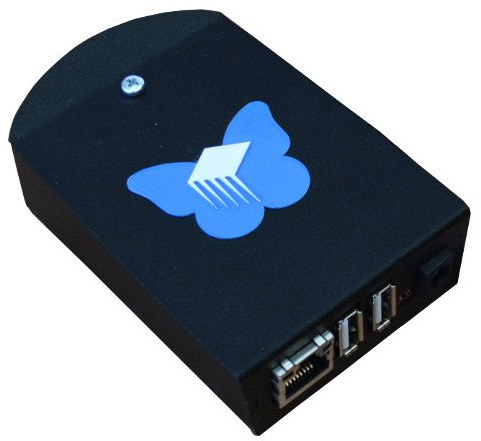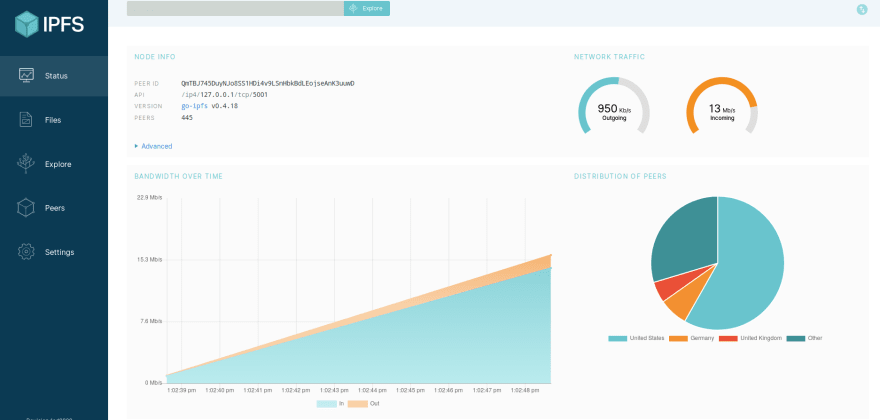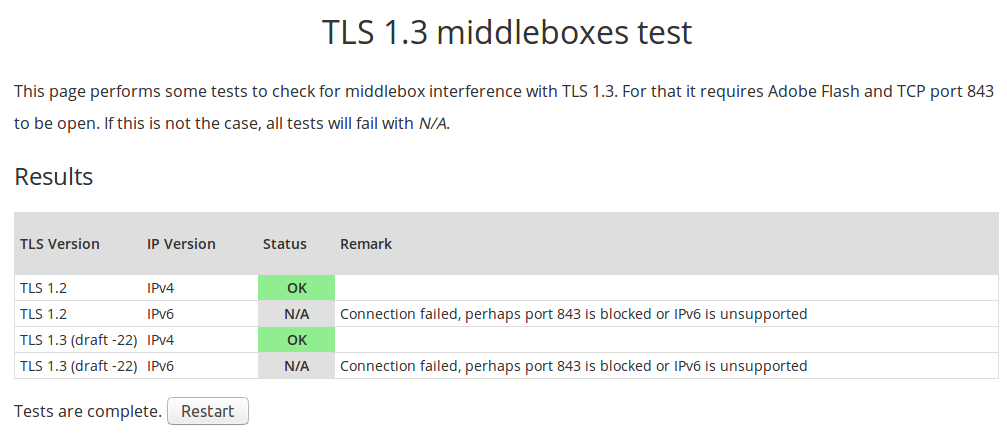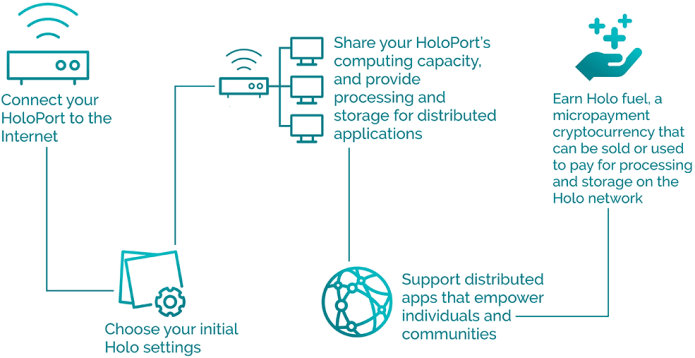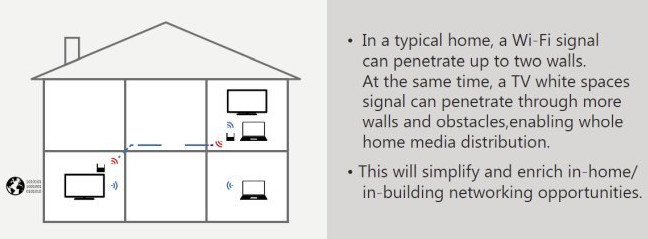Regular readers may have noticed CNX Software was inaccessible for several days, and the reason was that my domain was suspended. I’m a bit late for April Fools’ day, but I’ll show how you can get your domain suspended too in five easy steps! I’ll also provide some background to what happened, and several errors of judgment made along the way What happened? On March 28, as I woke up I noticed I could not access the website and I had also received several emails and mentions on social networks that the website was down. I first tried to restart the LEMP stack of the server nginx, mysql, php, but it did not help. I quickly figured out there was a problem with DNS, so I went to the Cloudflare dashboard which is where I manage the DNS records, but I did not see any problems there. Eventually, I saw […]
ISPs and Governments Don’t Seem to Like Security and Privacy-enhancing DNS over HTTPS (DoH)
Now a lot of the traffic on the Internet is secure, and for example, if you visit this blog your traffic will be encrypted, so your ISP, government or hackers will not know which exact page you visit on the website. But unless you use a VPN or the Tor Network, they’ll still know/or find out you visited CNX Software as most DNS requests are now unencrypted. Hackers may also use a spoofed DNS to steal your credit card info while you think you input your details into a trusted website. Beside using a VPN service, one solution is to use DNS over HTTPS (DoH) which encrypts the DNS request so that even your ISP or the government (unless there’s a backdoor) may not know which websites you visit. On top of improving privacy, DoH also improves security, as it’s harder to spoof DNS servers and by extension internet websites. […]
Elk, An Allwinner H3 Development board Crafted For the Decentralized Internet (Crowdfunding)
Back in 2017, Bitcoin peaked at almost $20,000; many were pretty shocked about how this supposed virtual currency suddenly become a scare resource. It also brought limelight to the technology behind it Blockchain and the idea of Decentralized internet. Although the success of the cryptocurrency didn’t last that long, as it lost about 80 percent in a year and still categorized as one of the biggest bubbles in financial history. After the crash of Bitcoin and some other similar cryptocurrencies, a lot of people predicted that’s the end of the whole Blockchain thing, and the idea of Decentralized internet will not happen. The recently announced Facebook Libra, a new cryptocurrency by the American giant Facebook, shows that Blockchain and the Decentralized web isn’t going anywhere and will probably start growing stronger. Arduino made it possible for Artist, Makers, Engineers, Students to bring ideas to life and quickly make things easier. Now, […]
Pioneer Edition FreedomBox Home Server Launched with Olimex A20-OLinuXino-LIME2 Board
Olimex works on open source hardware boards, while the FreedomBox Foundation has been developing FreedomBox, a free and open source private server system, since 2010 with the goal of empowering regular people to host their own internet services, like a VPN, a personal website, file sharing, encrypted messengers, a VoIP server, a metasearch engine, and more. When you mix open source hardware, open source software, and a bit of Internet freedom it gives birth to a product called “Pioneer Edition FreedomBox Home Server” based on Olimex A20-OLinuXino-LIME2 board and running FreedomBox software. Pioneer Edition FreedomBox Home Server specifications: SoC – Allwinner A20 dual-core ARM Cortex-A7 CPU @ 1.0 GHz with dual-core Mali 400 GPU System Memory – 1GB DDR3 Storage – microSD slot fitted with 32GB class 10 card loaded with FreedomBox, SATA data and power connectors, 2KB EEPROM for MAC address and custom data Connectivity – Gigabit Ethernet Video […]
IPFS Distributed, Resilient Internet Protocol Aims to Replace HTTP
HTTP(S) is the protocol used to retrieve content from the Internet, and files are stored in a server with all clients downloading files from this location. It works fine, but also comes with shortcomings such as traffic costs for the content provider, lack of resiliency if the server is down, and lack of persistence as for example all files hosted on GeoCities web hosting service are now gone. Having all files hosted on a single server also makes it too easy for governments or companies to censor content. But while looking at FOSDEM 2019 schedule yesterday, I found out an initiative aiming to solve HTTP shortcomings had been in development for several years, IPFS (InterPlanetary File System) is a described as a peer-to-peer hypermedia protocol to make the web faster, safer, and more open, with the ultimate goal of replacing HTTP. The four main advantages over HTTP listed for the […]
Help Testing TLS 1.3 Compatibility for a More Efficient & Secure Internet
Transport Layer Security (TLS) is the protocol that allows for secure websites (via https), and currently, TLS 1.2 is the version most commonly used today, with 1.0 and 1.1 still supported by many servers for backward compatibility with older browsers, including the one running this blog. TLS 1.3 is the next version, already supported in libraries and server software such as wolfSSL or nginx, and promises to be more efficient – important for battery operated devices (IoT) – thanks to features like zero-RTT (0-RTT) mode, speedy with a restructured handshake state machine, and more secure. However, changes in security protocol may mess up connection with some browsers or middleboxes, as I experience when I enabled https on CNX Software using Let’s Encrypt with nginx and Cloudflare, with around 0.5% of users losing access due to using older web browsers and operating systems such as Internet Explorer on Windows XP. According […]
Holo P2P Distributed Hosting is Powered by Holochain Technology, Leverages Holo Fuel Cryptocurrency (Crowdfunding)
The Internet is now mostly centralized, for example most people search with Google, and Facebook dominates the social media space in many countries. That also means access to content can easily be blocked by governments, and many companies will use your personal data to their benefits. Holo network promises to “take back the Internet” thanks to a P2P distributed web hosting system, where people hosts app from developers in their HoloPort devices, and get paid for hosting crypto apps in Holo Fuel cryptocurrency that can in turn be used to pay for processing power and/or storage on the network, or converted into other cryptocurrencies like Bitcoin, or fiat money (Dollars, Euros…). It’s like a new Internet that uses the current “pipes” (i.e. you’d still need Internet through your ISP), but all content would have to be created from the ground up. It basically aims to replace datacenters, websites, and app […]
Microsoft Plans to Leverage TV Whitespace Frequencies to Offer Internet Access in Remote Areas
TV whitespace spectrum represents the frequencies unused by analog TV channels either because noone is broadcasting at a given frequency or because of analog TV sunset. There are plans to use this free spectrum for the Internet of Things with Weightless, but instead Microsoft plans to leverage this new bandwidth for Internet access in remote areas. There are some hurdles to this technology as government must approve use of TV whitespace spectrum for use other than TV signals, and the receiver is now rather expensive at $1000, but Microsoft expects the price to come down to around $200. The advantage of TV frequencies is that they can be used over long distances, and easily penetrate through walls. The company has apparently started working on the technology since the end of 2012, and they now have pilot programs in various countries including the US, the UK, Jamaica, Namibia, Kenya, Taiwan and […]


